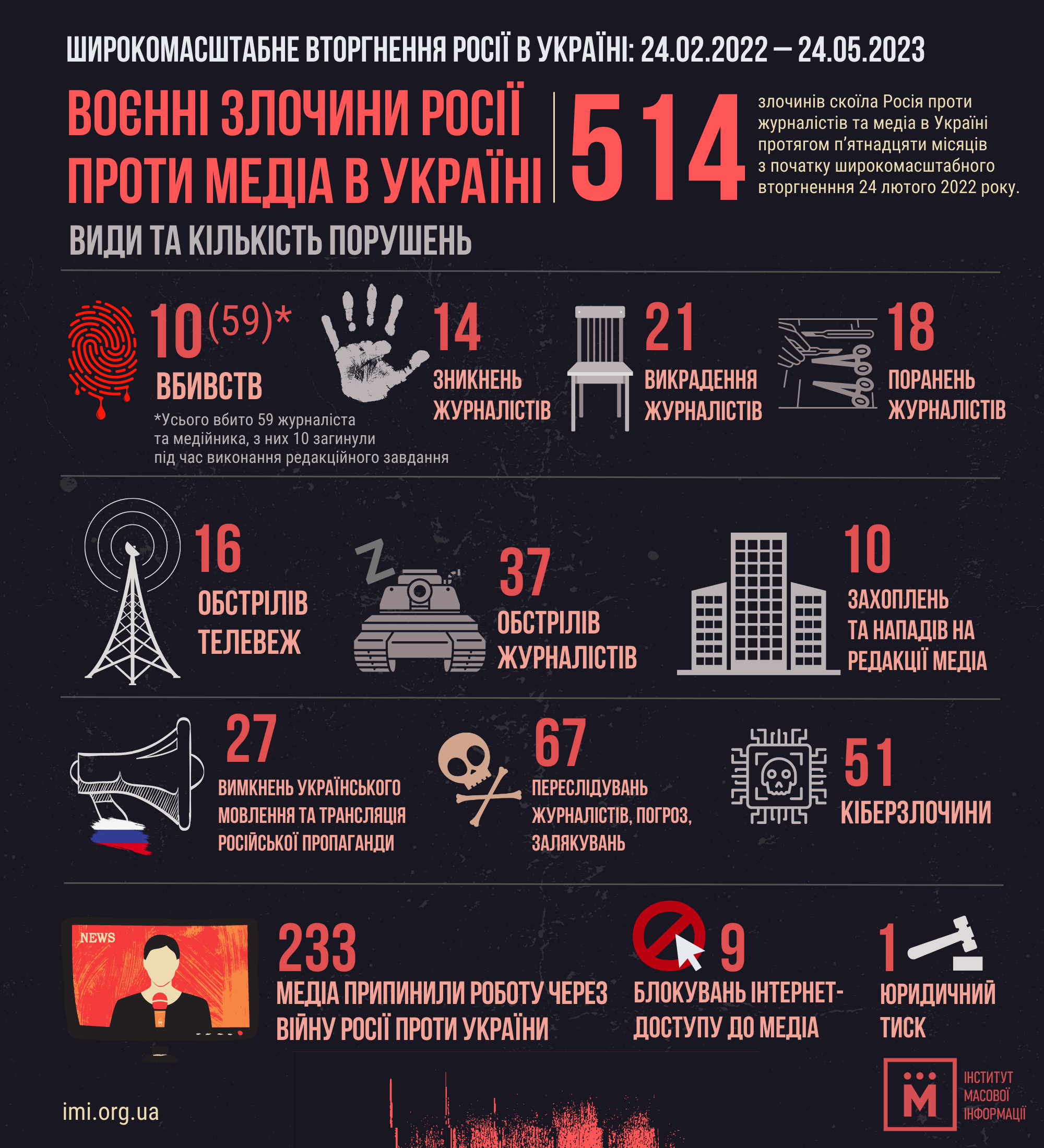Tariff Tensions: Switzerland And China Push For Dialogue

Table of Contents
Switzerland's Concerns Regarding Chinese Tariffs
Switzerland, a nation renowned for its high-quality exports, faces significant concerns regarding the impact of Chinese tariffs on its key industries. These tariff tensions significantly affect Switzerland-China trade, creating friction in an otherwise mutually beneficial relationship.
Impact on Swiss Exports
Swiss exports to China, encompassing sectors like watches, pharmaceuticals, and precision instruments, have been directly affected by increased tariffs. These trade barriers have imposed substantial challenges on Swiss businesses.
- Watches: Tariffs on Swiss watches have led to a decrease in export volume by an estimated X% (insert data if available), impacting smaller and larger manufacturers alike.
- Pharmaceuticals: Higher tariffs on Swiss pharmaceuticals have increased prices for Chinese consumers and reduced the competitiveness of Swiss companies in the Chinese market.
- Precision Instruments: Tariffs on specialized instruments have hampered the growth of Swiss companies supplying to China's burgeoning technology sector. This has resulted in an estimated Y% decrease in export volume (insert data if available), leading to potential job losses in the affected sectors. The resulting economic slowdown in these export-oriented industries is a significant concern for the Swiss economy.
Negotiating Fair Access to the Chinese Market
Beyond tariffs, Switzerland also strives to address non-tariff barriers that hinder market access for Swiss businesses in China. These trade negotiations are crucial for ensuring a level playing field.
- Regulatory Hurdles: Complex and often opaque regulatory processes create significant challenges for Swiss companies seeking to register products and operate in the Chinese market.
- Licensing Requirements: The acquisition of necessary licenses and permits can be a lengthy and cumbersome process, delaying market entry and increasing operational costs.
- Ongoing negotiations focus on improving market access through bilateral trade agreements and invoking WTO rules to ensure fair competition and transparent regulatory practices. The Swiss government is actively engaging with Chinese counterparts to address these issues and secure more favorable trading conditions.
China's Perspective and Economic Interests
Understanding China's perspective is essential for resolving tariff tensions and fostering healthy Switzerland-China trade relations.
China's Trade Policy and Global Positioning
China's trade policy is multifaceted, aiming to balance domestic economic development with its increasing global economic influence. The Belt and Road Initiative, for instance, underscores China's desire to integrate its economy with other countries along trade routes. However, tariff policies are implemented to support specific domestic industries and protect national economic interests.
- Domestic Industry Protection: Tariffs on certain goods are used to protect emerging Chinese industries from foreign competition.
- Reciprocity: China often uses tariffs as a bargaining chip in trade negotiations, aiming for reciprocal reductions in tariffs imposed by other countries.
- China's economic interests lie in maintaining stable and mutually beneficial trade relations with Switzerland, recognizing the value of Swiss innovation and expertise.
Addressing Swiss Concerns Through Dialogue
Despite these strategic aims, China has shown a willingness to engage in dialogue with Switzerland to address the concerns raised regarding tariffs and market access.
- High-level meetings between Swiss and Chinese officials have focused on discussing specific trade barriers and exploring potential solutions.
- China has indicated its willingness to engage in further negotiations to improve market access for Swiss businesses. While specific concessions may not be publicly announced, the commitment to dialogue itself is a positive step towards resolving trade disputes.
The Importance of Dialogue and Future Prospects
Constructive dialogue and multilateral cooperation are vital for navigating the complexities of Switzerland-China trade and resolving tariff tensions.
Role of International Organizations
International organizations, primarily the WTO, play a crucial role in mediating trade disputes and providing a framework for resolving trade-related conflicts. WTO dispute settlement mechanisms can be used to address specific tariff issues and ensure compliance with international trade law.
- Although not directly involved in the Switzerland-China trade dispute at this time (as of writing), the WTO provides a potential venue for resolving future disputes should bilateral negotiations prove insufficient.
- Multilateral cooperation through the WTO can establish a more transparent and predictable trading environment for both countries.
Potential for a Bilateral Trade Agreement
A comprehensive bilateral trade agreement between Switzerland and China could provide a long-term solution to address various trade issues, including tariffs and non-tariff barriers. Such a free trade agreement would aim to create a more stable and predictable trading environment.
- The potential benefits include reduced tariffs, improved market access, and increased trade volumes between the two countries.
- Challenges in negotiating such an agreement include overcoming differences in regulations, standards, and intellectual property protection. However, the potential gains could significantly outweigh the obstacles.
Conclusion
Tariff tensions between Switzerland and China underscore the importance of open communication and negotiation in maintaining healthy economic relations. Addressing Swiss concerns regarding Chinese tariffs and finding a mutually beneficial solution requires ongoing dialogue and a commitment to resolving trade disputes through constructive engagement. The potential for a bilateral trade agreement offers a long-term pathway toward strengthening Switzerland-China trade and fostering a more stable and prosperous economic partnership. To stay informed about developments in Switzerland-China trade relations and the ongoing efforts to address tariff tensions, follow relevant news sources and official government publications. What are your thoughts on the potential for a comprehensive bilateral trade agreement between Switzerland and China?

Featured Posts
-
 Uk Inflation Slows Pound Strengthens As Traders Reduce Boe Rate Cut Expectations
May 22, 2025
Uk Inflation Slows Pound Strengthens As Traders Reduce Boe Rate Cut Expectations
May 22, 2025 -
 Zakonoproekt Pro Posilennya Sanktsiy Proti Rf Initsiativa Lindsi Grema
May 22, 2025
Zakonoproekt Pro Posilennya Sanktsiy Proti Rf Initsiativa Lindsi Grema
May 22, 2025 -
 Cassis Blackcurrant Cocktails Classic And Creative Recipes
May 22, 2025
Cassis Blackcurrant Cocktails Classic And Creative Recipes
May 22, 2025 -
 Un Siecle De Diversification A Moncoutant Sur Sevre Et Clisson
May 22, 2025
Un Siecle De Diversification A Moncoutant Sur Sevre Et Clisson
May 22, 2025 -
 Solve Wordle 363 Clues And Solution For Thursday March 13th
May 22, 2025
Solve Wordle 363 Clues And Solution For Thursday March 13th
May 22, 2025
